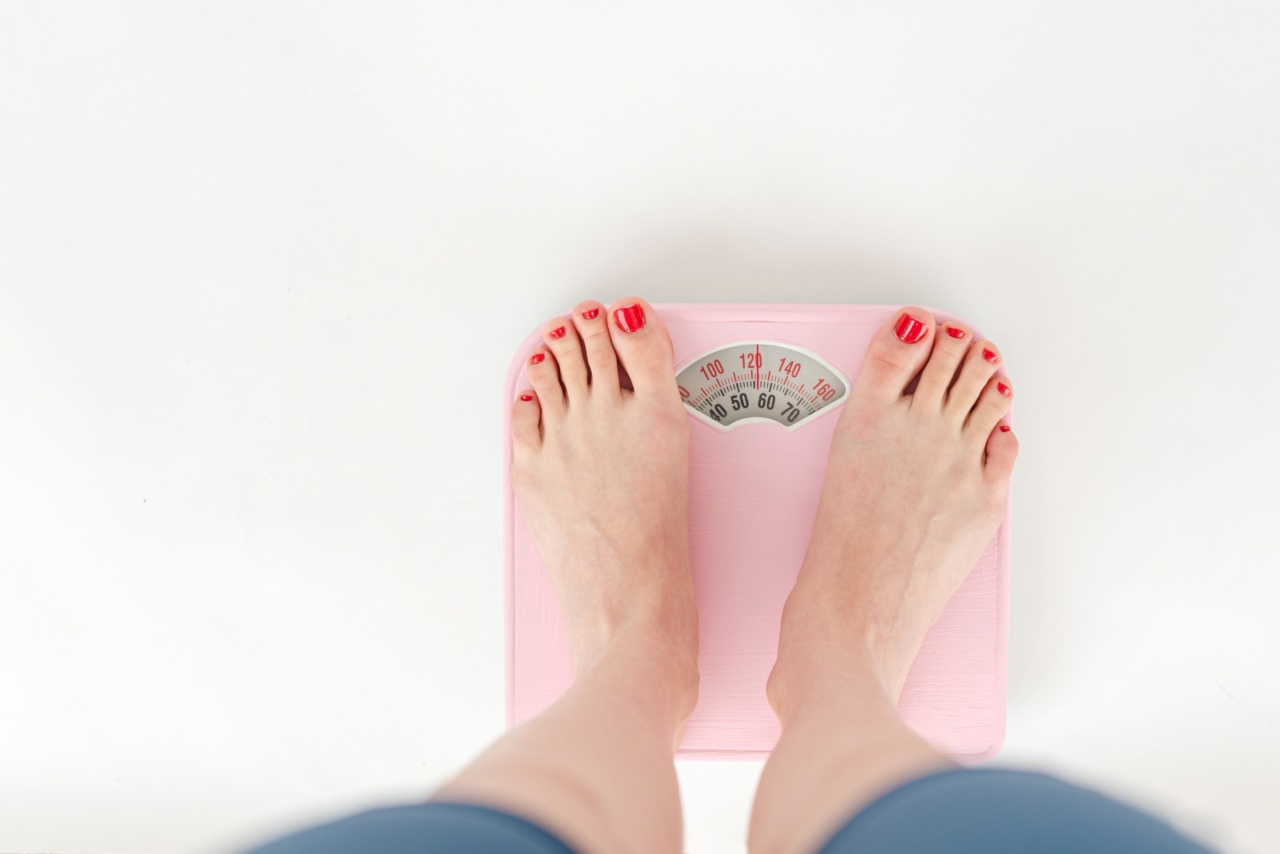Sleep and weight loss have a close connection. Many studies have found a link between less sleep and higher body weight. In addition, sleep deprivation can also affect hormones that control appetite, leading to an increase in hunger and cravings.
Conversely, getting enough sleep can help keep your weight in check, boost your metabolism, and reduce your risk of obesity. In this article, we will explore how sleep affects weight loss and the optimal balance you need to achieve.
The Role of Sleep in Weight Loss
Sleep influences weight loss in several ways. Firstly, lack of sleep can affect your metabolism and lead to weight gain. When you sleep less, your body produces less leptin – the hormone that signals the brain that you are full.
This can lead to overeating and weight gain. In addition, sleep deprivation can also elevate levels of ghrelin – the hormone that stimulates appetite – leading to more hunger and cravings.
Secondly, lack of sleep can also increase the release of cortisol, the stress hormone that promotes fat storage. Cortisol can impair insulin sensitivity, leading to glucose intolerance and fat accumulation in the midsection.
Cortisol also stimulates appetite, making you crave high-calorie foods that lead to weight gain.
Thirdly, sleep is essential for muscle recovery, growth, and repair. When you sleep, your body releases growth hormone, which stimulates muscle synthesis and repair.
Without adequate sleep, your muscles may not recover fully, leading to muscle loss and a slower metabolism. Muscle loss is a common side effect of dieting, which can impair your weight loss efforts.
How Much Sleep Do We Need?
The National Sleep Foundation recommends that adults aged 18-64 should get 7-9 hours of sleep per night. However, not everyone needs the same amount of sleep.
Some people may function well with less sleep, while others may need more sleep to feel fully rested. The optimal amount of sleep depends on various factors, including age, genetics, lifestyle, and overall health. If you are trying to lose weight, it is crucial to prioritize sleep and find the optimal balance that works for you.
Tips for Better Sleep
If you struggle with sleep, you may want to try the following tips:.
- Stick to a sleep schedule: Try to go to bed and wake up at the same time every day, even on weekends. This helps regulate your body clock and improve the quality of your sleep.
- Create a bedtime routine: Develop a relaxing bedtime routine that signals your body it’s time to sleep. This could include taking a warm bath, reading a book, or listening to soothing music.
- Avoid caffeine and alcohol: Avoid caffeine and alcohol before bedtime, as they can interfere with your sleep quality. Caffeine can stay in your system for up to 8 hours, while alcohol can disrupt your REM sleep.
- Limit screen time: Try to limit your screen time before bedtime, as the blue light emitted from electronic devices can disrupt your sleep pattern. Ideally, avoid using electronic devices at least an hour before bedtime.
- Create a comfortable sleep environment: Make sure your bedroom is conducive to sleep. Keep the room cool, dark, and quiet, and invest in a comfortable mattress and pillows.
- Exercise regularly: Regular exercise can help improve your sleep quality, but make sure to exercise at least 3-4 hours before bedtime, as exercise can make you more alert and energized.
- Manage stress: Stress and anxiety can interfere with your sleep. Try relaxation techniques such as meditation, deep breathing, or yoga to help reduce stress levels.
The Link Between Sleep and Exercise
The benefits of exercise on weight loss are well known. Exercise can help increase muscle mass, boost metabolism, and burn calories. However, exercise can also improve your sleep quality.
When you exercise, your body produces endorphins – the feel-good hormones that can reduce stress and anxiety and promote sleep. Exercise can also help regulate your body temperature, leading to a better sleep environment.
However, the timing of your exercise can also affect your sleep quality. Some people may find that exercising too close to bedtime can make it harder to fall asleep, as exercise may increase your heart rate and body temperature.
Ideally, you should try to exercise at least 3-4 hours before bedtime to give your body sufficient time to cool down and relax.
The Interplay Between Sleep and Diet
Sleep and diet are also intimately connected. Sleep deprivation can affect your food choices and lead to overeating and weight gain.
When you are sleep-deprived, your body craves high-calorie foods that provide energy quickly, such as sugary snacks, fast food, and processed food. These foods can disrupt your blood sugar levels, leading to insulin resistance and weight gain.
Conversely, getting enough sleep can regulate your appetite hormones and reduce cravings for high-calorie foods. When you are well-rested, your body is better able to regulate insulin levels, leading to better glucose control and weight loss.
In addition, sleep can also affect your gut microbiome, the trillions of bacteria that live in your gut and influence your metabolism and health. A disrupted gut microbiome can lead to weight gain, inflammation, and metabolic disorders.
The Bottom Line
Sleep is a vital component of a healthy lifestyle and essential for weight loss. Lack of sleep can lead to weight gain, elevated cortisol levels, and impaired muscle recovery.
Conversely, getting enough sleep can help regulate your appetite hormones, boost your metabolism, and reduce your risk of obesity. If you struggle with sleep, try to prioritize your sleep hygiene by creating a relaxing bedtime routine, avoiding caffeine and alcohol, limiting screen time, and investing in a comfortable sleep environment.
By finding the optimal balance between sleep, exercise, and diet, you can achieve your weight loss goals and improve your overall health and well-being.


























